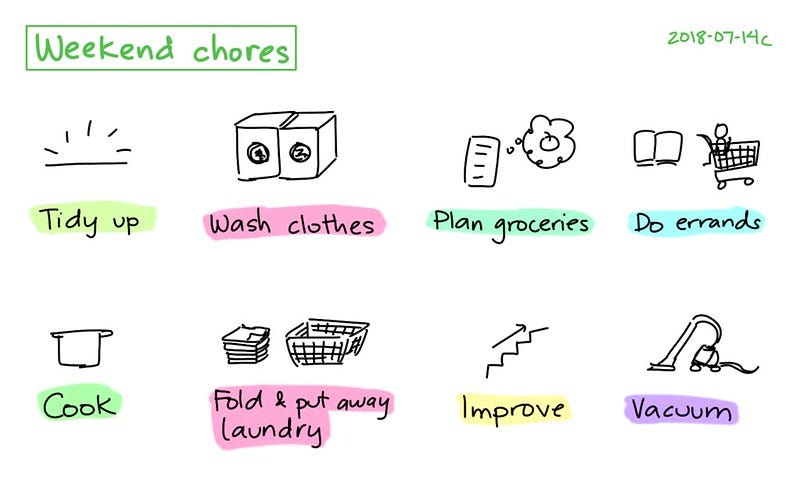Five tips for settling in your new domestic worker
Date Posted: 29/05/2020

Domestic workers receive training in agencies or their country of origin, but these training centres often leave many skills to be acquired in the workplace. A little effort on your part as the boss can help your domestic helper to settle in comfortably.
Want to know how and what roles to play? Good. Let’s explore some of these options together!
Chores: Show your domestic helper how you usually perform the duties around the house
Just like you would need directions on where to get utensils and ingredients in someone else’s kitchen, your domestic helper needs to be able to familiarize herself with the things around your house.
When it comes to household meals and cooking recipes, show her how you would prepare a meal. Also, show how to find essential cooking tools such as pots, plates, and spices. Show her how to stock the fridge and how to dry and store your dishes and utensils properly.
Show her the standards by which your house should be kept clean and how often. It may seem obvious to you, but your employee will appreciate the guidance. In turn, these demonstrations can avoid a lot of confusion. In the meantime, doing this can help you get to know your employee, learning pattern, and encourage bonding.

Getting Around: Show your domestic worker how to get around.
If your employee has never lived in Hong Kong, she might need help getting to know the public transportation system, and how to navigate easily. Let her know how to find the train station, bus stop, and other places closest to your home.
A good move on your part will be to get her an Octopus card if she does not already have one. If you are not paying for her transportation yet, ensure that you pay for the trips she makes to shop for groceries or any other responsibilities for your home.
Shopping: Go shopping with her
Everyone loves shopping! If you entrust your domestic worker to go shopping on your behalf, it is essential to show her where she can get different foods in your neighbourhood.
If your domestic helper may have a challenge with reading (in this scenario, labels on food), you may need to show her what she needs to look out for regarding specific products you like buying. Accompanying her with her first few shopping trips can help her become familiar with your typical shopping list.
If you plan to shop away from home, make sure there is a comfortable way to get to your home without having to carry heavy or bulky items over long distances.
Socialize: Introduce her to other domestic workers in the neighbourhood
Being social creatures, having a social life is an essential aspect of everyday life. For your domestic helper, having friends could make a difference in her adaptation process, not to mention feeling welcome in this new environment.
That said, be careful when introducing her to other workers in your neighbourhood. Some employers are stricter than others and prefer their employees to not interact with others while they are working. Ask your neighbours for permission before taking your domestic helper to meet theirs.

Introduction Time: Introduce her to your household
This may seem like a natural step, but introduce your domestic worker to your family members and familiarize them with the family lifestyle. This will help her to get used to living with them. This avoids surprises; for example, a family member works late and comes home very late at night.
When it comes to caring for children and the elderly, be sure to provide a clear guide on how to take care of them.
In addition to making your domestic worker feel welcome, let her know she is safe by medically insuring her. With medical and repatriation coverage, you secure your new relationship. Together you are both ready to face all possibilities.
Lastly: A good working relationship
Adapting to a new home, and a different environment can be challenging. This is primarily due to the vast amount of information you need to remember for daily activities.
Above all, be patient if your employee does not remember everything immediately and offer them advice on how to improve. Establishing a good working relationship with your employee requires effort on both sides, so it’s good to start with you and set an example!


